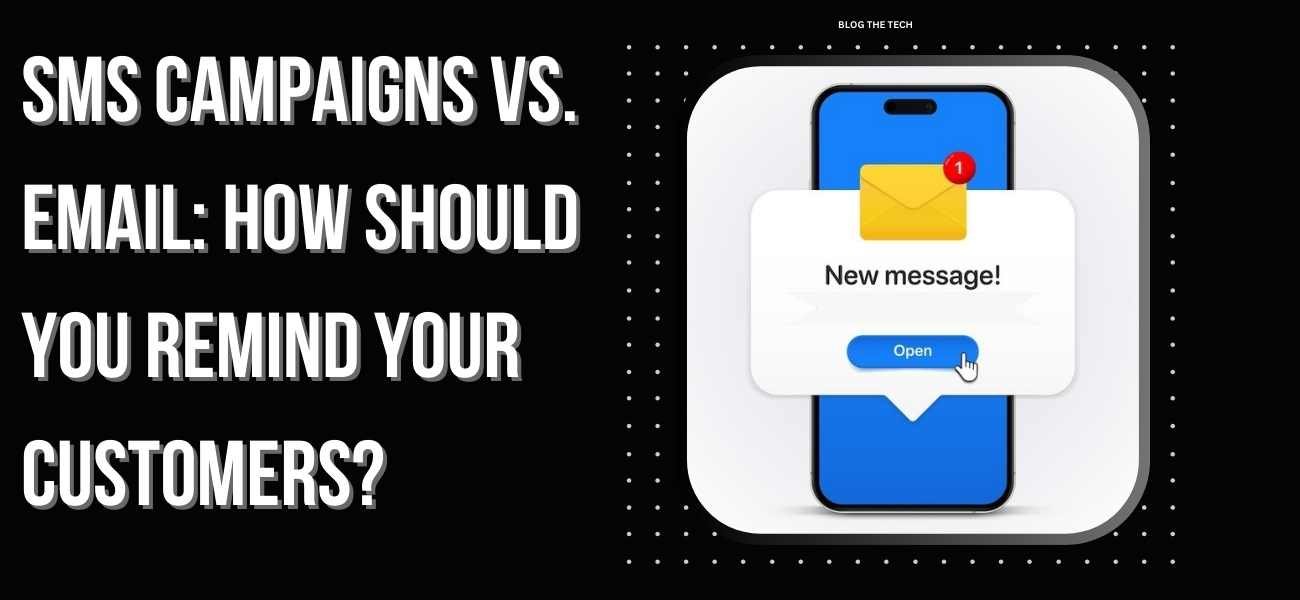Reminders are an undeniably effective marketing tool that plenty of brands have used to their advantage. Once you have a customer’s contact information, it can be an easy way to stay in touch without seeming spammy.
We’ll look at SMS vs Email, which reminders are most effective, and what content to use to net even higher returns.
SMS Messages Enjoy Higher Open Rates
As you might have already guessed, SMS reminders are more likely to be opened. You’ll average a 98% open rate, while email can barely reach 25%. It’s not difficult to see why this is either. Emails are easily sent and just as easily ignored. A text message is far rarer to receive, and for the most part, it is often treated with more gravitas by brands that don’t want their numbers blocked.
This is not to say that email messages aren’t appreciated by those who receive them. They’re certainly better than nothing at all. The percentages are general open rates, which means that they don’t take into account the messages that are coming directly from companies that customers heavily engage with already.
SMS Reminders Are Preferred By the Public
When it comes down to it, more than 80% of all customers say that they’d rather get a text message than an email if they need to be reminded of an appointment. Yet even though four in five customers prefer it, only one in five businesses will send it via text message. If you’re looking for a way to make your reminders even more useful to the customer, it helps to make them as personalized as possible. This may mean thinking beyond standard information, such as the location and time.
This is a great place to consider direct feedback from your customers. For instance, they may tell you that they’d like an easy way to cancel the appointment before they’re charged for it. Or they may want you to include information about how long they can expect the appointment to last, which can be helpful for their schedule. While many businesses have set schedule times, other professions (e.g., healthcare) have a looser framework. Even an estimate (alongside a disclaimer that it’s subject to change) can be helpful. The more you can give real people real information they can use, the more likely people will be to show up when they say they will.
Reminder Messages Are Better When They’re Proactive
Everyone knows what it’s like to have to call a business to ask questions that could have been answered via SMS (or email, for that matter). You can cut back on customer service disputes if you can proactively tell customers what’s happening. This can be a tall order for many businesses that don’t always have the manpower to alert people of real-time hiccups.
This is where companies like Mitto can take your SMS messages to the next level. There are AI intelligent routing platforms available that can streamline your messaging, making it easier to both track a customer’s patterns and give them a heads-up. The right SMS API can streamline each text, so the customer can take action — whether it’s to confirm, cancel, or adjust.
It can take more work to coordinate SMS campaigns than emails, but the extra effort can net you far more satisfied customers and far fewer canceled appointments. No matter which one you choose, though, it’s important to consider how you’re coming across in each reminder. Emails can be an effective strategy, as long as your customers trust you enough to open every single one.





